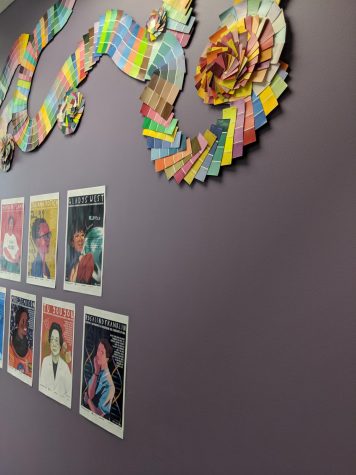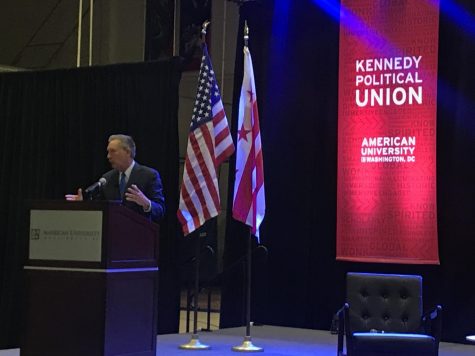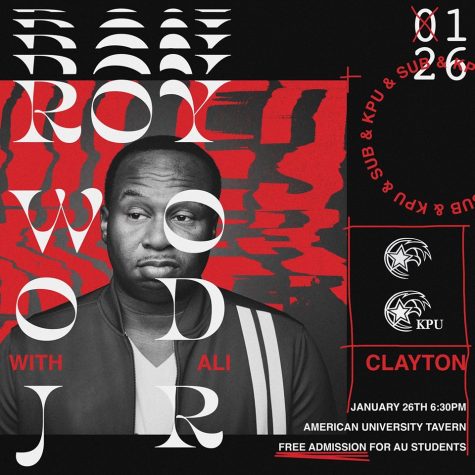Poets Pave the Way for Justice: Black Lives Matter
Protests broke out around the nation following controversial court decisions on excessive police force in Ferguson, Mo., and New York.
Most of these demonstrations were non-violent, but a few became destructive. All of them were rooted in anger, directed at a justice system protesters say is out of touch with the black community.
In the District of Columbia, one group of local poets, activists and supporters sought to combine peace, anger and passion to speak out in the best way they knew how—poetry. On Jan. 23, they gathered their poems, signs and chanting voices, and set up shop right in front of the organization some say is most responsible for the plight of black people in America: the United States Department of Justice.
“These poems weren’t just about the fight, [they’re] also about showing each other love.”
This event was brought together by two non-profits: CODEPINK, a women’s organization which opposes American militarism; and Split This Rock, which calls itself a “national network of socially engaged poets.”
The 30 or so participants in the protest refused to allow cars and pedestrians on Pennsylvania Avenue to pass by without taking in their signs and cries for justice.
“No justice, no peace, no racist po-lice!” they declared, as several police officers looked on from behind the barricades set up in front of the DOJ. “Hey, hey, ho, ho, these racist cops have got to go,” they chanted, followed by, “Black or brown, Emmitt Till, how many black youth will you kill?”
And finally, they yelled the movement’s key phrase directly at the looming granite walls of the DOJ. “Black lives…MATTER!”

One overarching theme of the event was the powerful role art can play in driving social change in a peaceful, productive manner.
Epitomizing that spirit is Pages Matam, a nationally renowned poet and local poetry heavyweight, and the coach of Split This Rock’s DC youth slam team. He delivered a poem called “Brown Eyed Girl” to the crowd. The piece addressed the Van Morrison song of the same title, which Matam explained was changed from “Brown Skinned Girl” to appeal more to a white radio audience. The poem encourages black women to live beyond the stereotypes created for them and embrace their African-American heritage.
“These poems weren’t just about the fight, [they’re] also about showing each other love,” said Matam, who also works with AU’s slam team, Mightier than Swords. “Art is a means for healing and activism.”
Several other local poets shared their work, and crowd members were invited to read poems by famous writers.
“Throughout history we’ve seen poets share pieces that make people think and feel something about what’s happening,” said Camisha Jones, managing director of Split This Rock. “Today we wanted to put energy in the air that will bring about change.”






